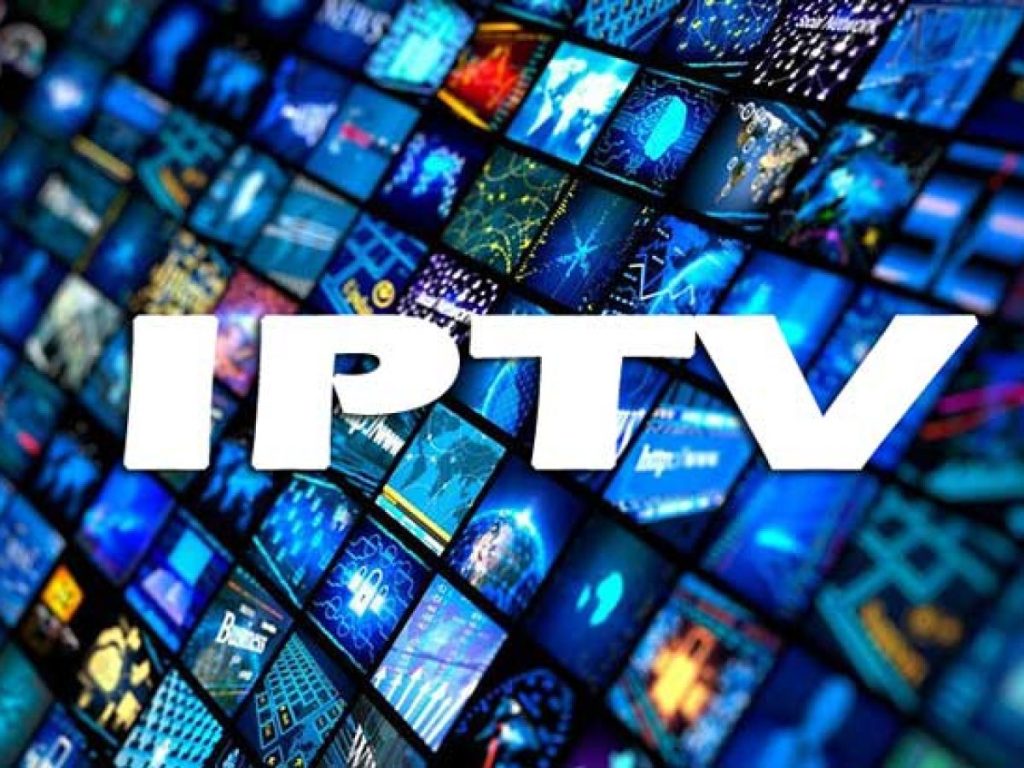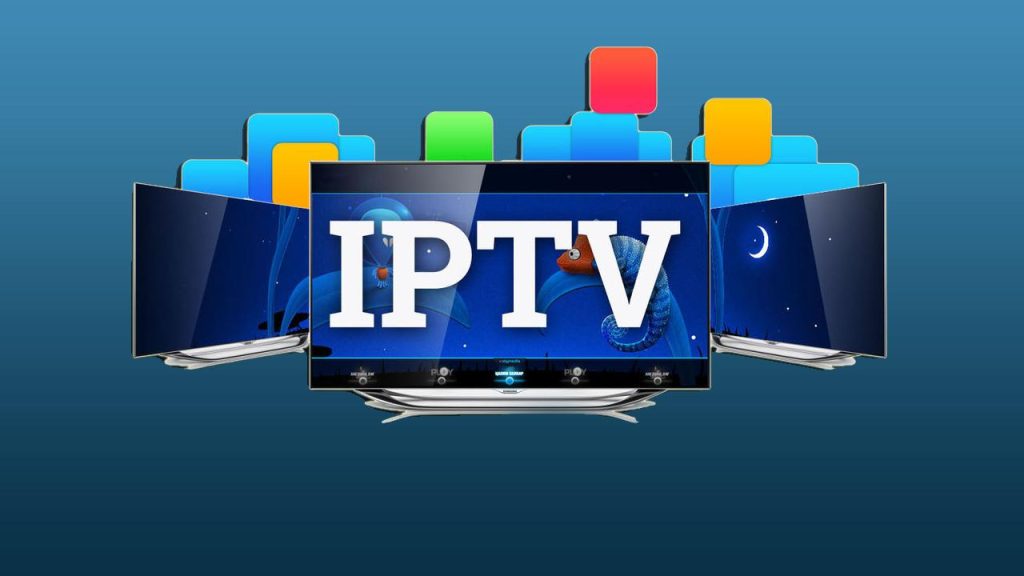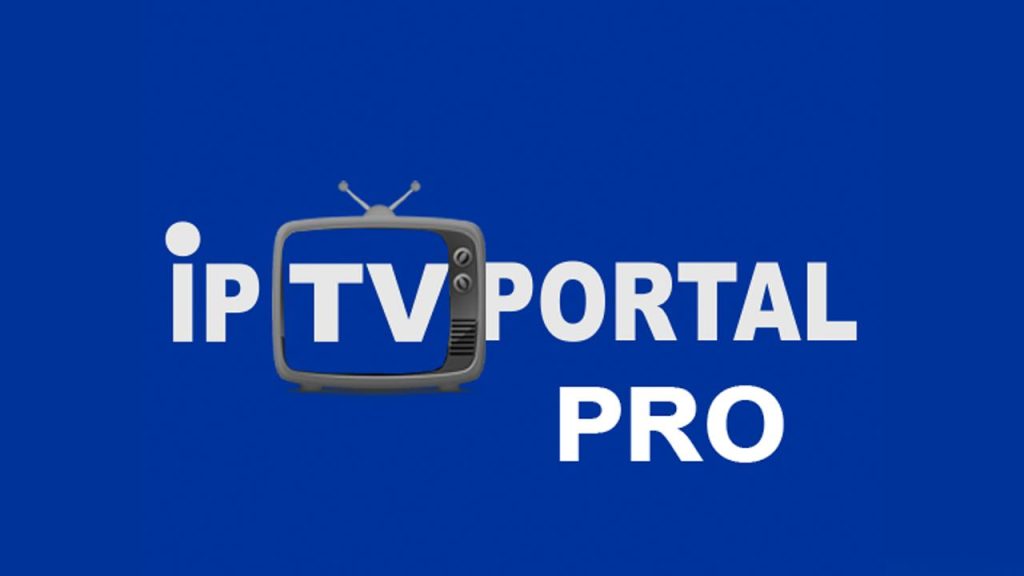IPTV Freezing Every 10 Seconds: Solve Buffering | Staticiptv.co.uk
Introduction to IPTV Freezing Every 10 Seconds: Solve Buffering | Staticiptv.co.uk Overview of the issue and its impact on IPTV viewing experience IPTV, or Internet Protocol Television, has become a popular choice for individuals to stream and watch their favorite TV shows and movies. However, one common frustration that many users experience is the issue […]
IPTV Freezing Every 10 Seconds: Solve Buffering | Staticiptv.co.uk Read More »









